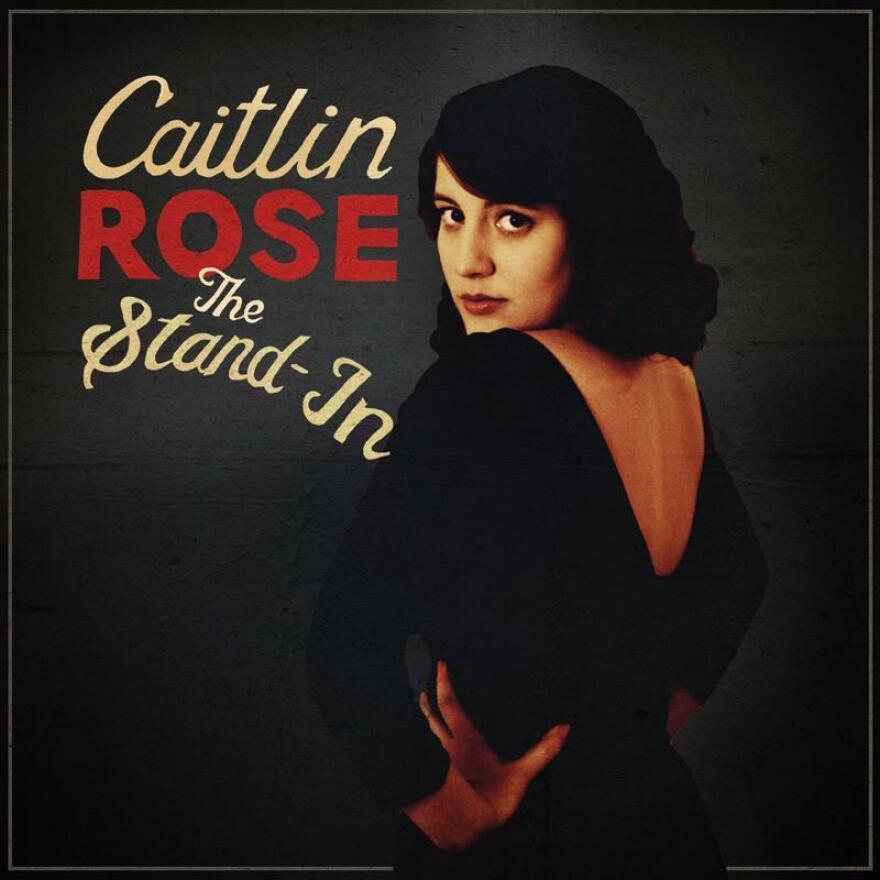
"Pink Champagne," a song on Caitlin Rose's second album The Stand-In, presents Rose's voice in its sparest purity and veiled shrewdness. She sends her voice skyward, the notes as buoyant and light as the bubbles of the pink champagne she's singing about. Her high trills could, with only a slight shift in tone and attitude, become self-conscious with a Betty Boop coyness, as they do once or twice on The Stand-In. But most of the time, Rose keeps her music grounded in the details of yearning, heartache and a welcome sense of gratefulness and enthused energy.
In "Menagerie," Rose makes breaking up sound like a good housecleaning of the soul. It features a guitar line that wouldn't be out of place on an early George Harrison solo album, which helps to identify the era of pop-rock from which Rose is working. Although she's been based in Nashville and got pegged as an alt-country singer earlier in her career, Rose sounds on The Stand-In like a pop vocalist; she draws upon everyone from Roy Orbison to Carlene Carter to the reedy, wistful tone of a singer such as Sal Valentino of the Beau Brummels to lay out the plaintive scenario of "Golden Boy."
As its title suggests, The Stand-In finds Rose assuming various roles in her songs, but they really boil down to two: the person who's been wronged and the person who's committed a wrong. Rose produced this album with Jordan Lehning and Skylar Wilson, who also co-wrote much of the material with her. The production of any given song frequently rubs against the mood of its lyric, with downbeat sentiments made tense when strung along a zippy, coursing melody, or a hopeful verse called into question by the downward spiral of guitars, keyboards and drums.
Rose tosses off a pun in "When I'm Gone," as she sings, "Lyin' / I've been lyin' / I've been lyin' around with the dogs in this town too long." She's preparing to beat a hasty retreat, yet the force of the music belies the image of Rose as a quitter or an escapee. Like another apparent influence here — the Everly Brothers' sound pops up in some of her layered, multi-tracked harmonies — Rose knows that it takes a strong, assured performer to sell the notion of vulnerability over the long haul. Keeping yourself open to the hurt is what her music is all about.
Copyright 2021 NPR. To see more, visit https://www.npr.org.



